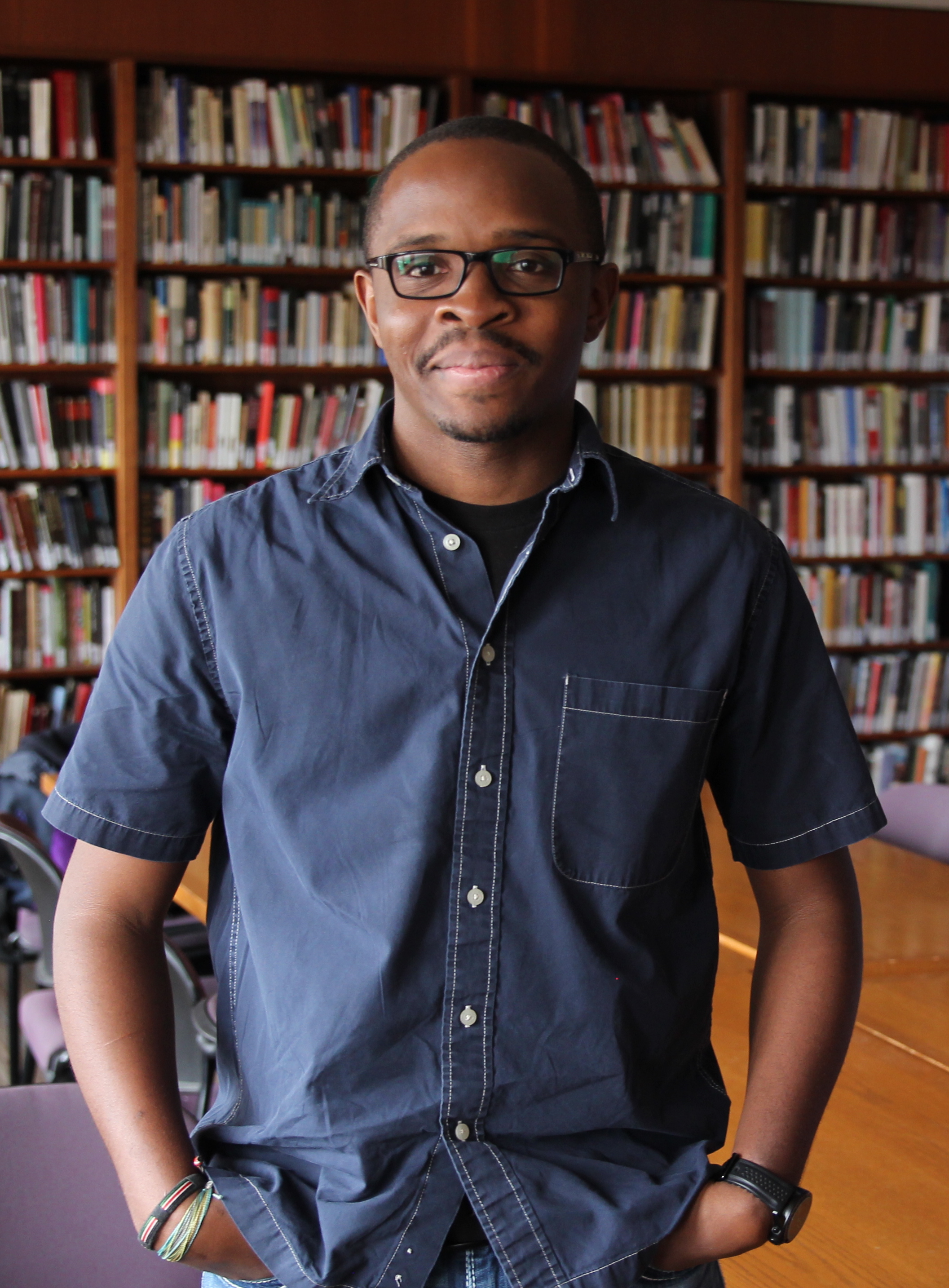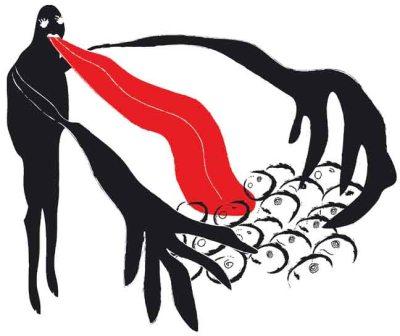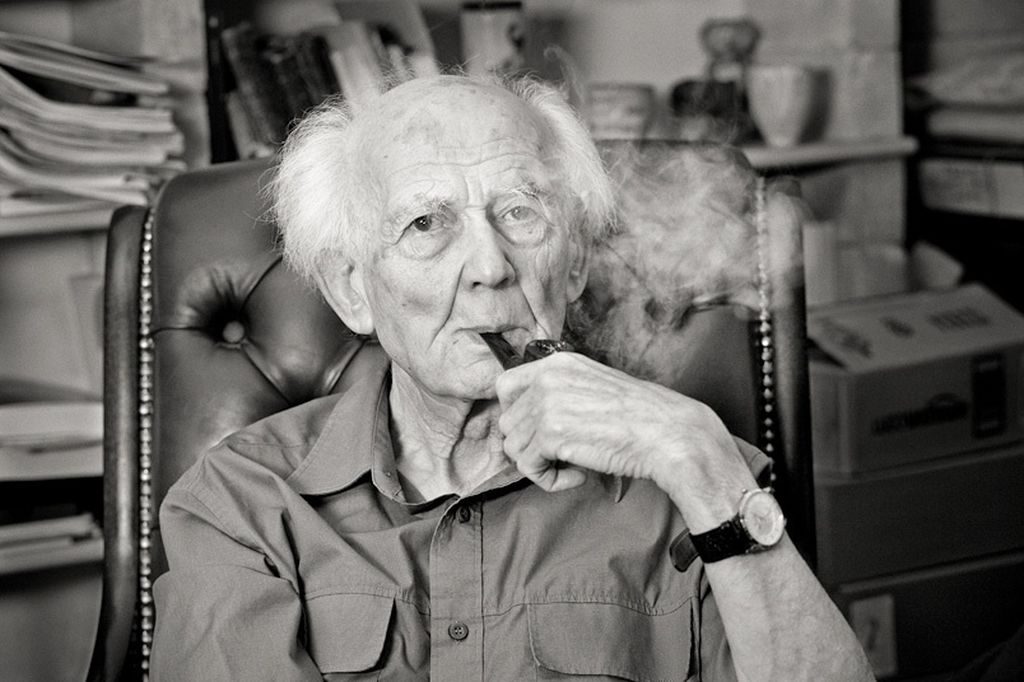Natan Sznaider, Academic College of Tel-Aviv-Yaffo
This is the second half of Natan Sznaider’s critique of Bauman’s Modernity and the Holocaust. You can find the first half here.
Multiple Modernities and the Memory of the Holocaust
We do need to talk about modernity (the concept as such makes sociologically no sense), but about multiple modernities and multiple Enlightenments. One of the clues is Arendt’s book “On Revolution” where she compares and contrasts the French and the Anglo-Saxon traditions of Enlightenment
When we look at the Scottish Enlightenment, for instance, it is grounded on the sentiments or a moral or common sense as a kind of intuitive judgment. Capacity to distinguish between right and wrong, good and evil, exercising power of judgment, anchored in religion and balancing between morality and utility in the basis of a liberty seen as granted to all. Look at Adam Smith’s exploration of virtues like compassion and benevolence. Arendt was working in this tradition when she in her “On Revolution” takes side with the legacy of the American Revolution and the Scottish Enlightenment against its French contender. Thus, in the French tradition (and we are talking caricatures) there is a strong opposition between reason and religion, while the Scots tried to reconcile reason and faith. I think these distinctions are important even though they do not play much or a role in Bauman’s text.
more...

 J. Siguru Wahutu was born and raised in Kenya and moved to Minneapolis to pursue his undergraduate education. He graduated from the University of Minnesota with a BA in Sociology and Global Studies and a minor in Cultural Studies. He stayed in Minnesota to obtain his PhD in Sociology with a thematic focus on genocide, media and collective memory and a regional focus on Africa. Wahutu is broadly interested in how news organizations and journalists in Africa produce knowledge about genocide and mass atrocity in neighboring African countries. He was the 2013-2014 and the 2015
J. Siguru Wahutu was born and raised in Kenya and moved to Minneapolis to pursue his undergraduate education. He graduated from the University of Minnesota with a BA in Sociology and Global Studies and a minor in Cultural Studies. He stayed in Minnesota to obtain his PhD in Sociology with a thematic focus on genocide, media and collective memory and a regional focus on Africa. Wahutu is broadly interested in how news organizations and journalists in Africa produce knowledge about genocide and mass atrocity in neighboring African countries. He was the 2013-2014 and the 2015  The semester is about to start and I find myself touching up syllabi and putting some order in my course material. While reviewing files, I came across a very helpful handout from a
The semester is about to start and I find myself touching up syllabi and putting some order in my course material. While reviewing files, I came across a very helpful handout from a 